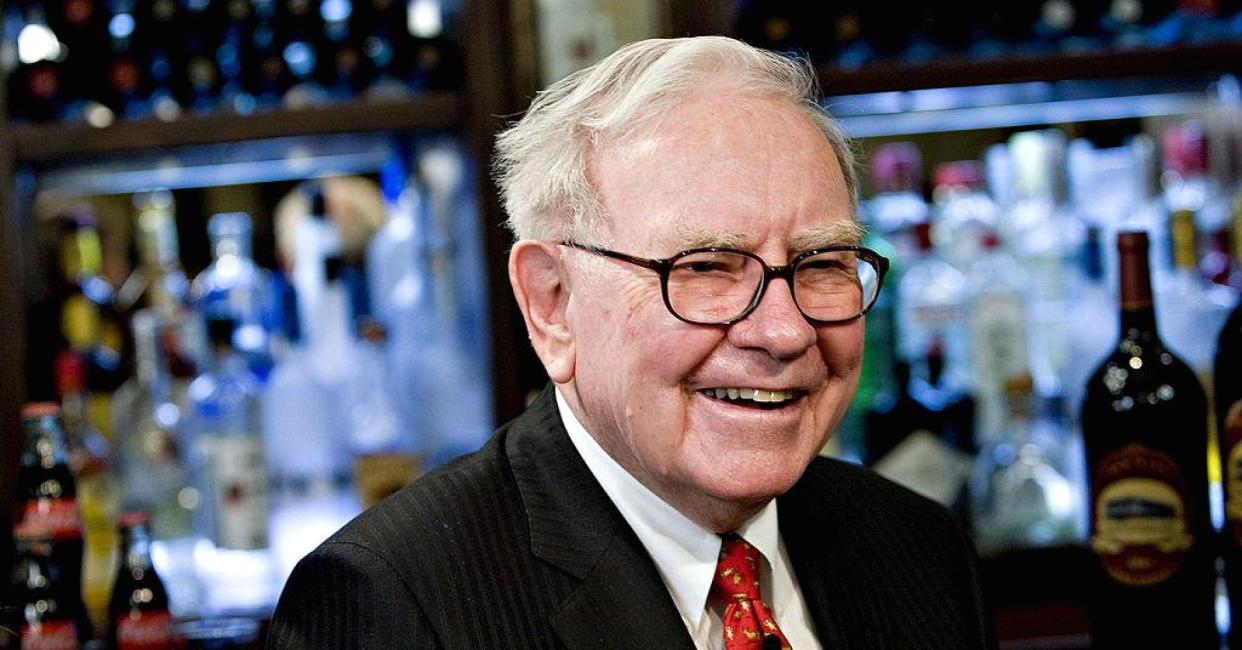Donald Trump's tax plan could be worth $27 billion to Warren Buffett

If there’s one thing markets are counting on from the Trump administration, it is corporate tax reform.
And while a lower tax is expected to benefit most corporates, a notable anti-Trump titan of American business would see a particularly large gain: Warren Buffett.
In a note to clients out Monday, Jay Gelb, an insurance industry analyst with Barclays, said that based on expectations for the US corporate tax rate being cut to 20% from 35%, Buffett’s Berkshire Hathaway (BRK-A, BRK-B) could see its book value balloon.
“Based on updated financial data as of [year-end 2016], Berkshire Hathaway’s book value could be boosted by $27 billion (10% increase) if the US corporate tax rate were reduced to 20% due to a decline in its deferred tax liability,” Gelb wrote.
“This potential improvement would be larger than our previous estimate ($22 billion or 8% increase) based on [Berkshire’s year-end 2015] deferred tax liability. We would view this magnitude of increase as favorable for [Berkshire] shares since it is generally valued based on price-to-book value.”
Back in December, Gelb estimated a cut in the corporate tax rate to the 15% Donald Trump campaigned on could boost Berkshire’s book value by $29 billion. Since Trump took office last month, markets have been on edge waiting for any developments from the White House on when, and how low, corporate tax rates will go. Most analysts now expect tax reform to include a cut in the corporate rate to the 20% proposed by the House Republican plan.

On Tuesday night, Trump is set to speak before a joint session of Congress, with some in markets hoping for the President to offer additional details on his key economic initiatives, including tax reform and the repeal and replacement of Obamacare.
In an interview with CNBC last week, Treasury Secretary Steven Mnuchin said the administration hopes to have a tax reform bill signed by July 28, ahead of Congress’ August recess.
On a corporate balance sheet, the deferred tax liability is basically money set aside to pay taxes at a future date. If the corporate tax rate falls as has been proposed, then the deferred tax liability on Berkshire’s balance sheet (or any company’s) declines as future taxes would expected to be lower.
And as Gelb noted, this matters more for Berkshire than other companies as the stock is typically valued off of its book value — effectively the liquidation value per share — rather than a more common measures like forward earnings or earnings before interest, tax, depreciation and amortization (EBITDA).
In recent years, however, Buffett has emphasized that the true value of Berkshire Hathaway lies in its intrinsic value. This number, however, can only be estimated, as accounting rules do not revalue wholly-owned business upwards but do take into account downward revaluations for losers. (For more on Buffett’s breakdown of the two accounting treatments, see his latest annual letter to shareholders here.)
—
Myles Udland is a writer at Yahoo Finance. Follow him on Twitter @MylesUdland
Read more from Myles here:


